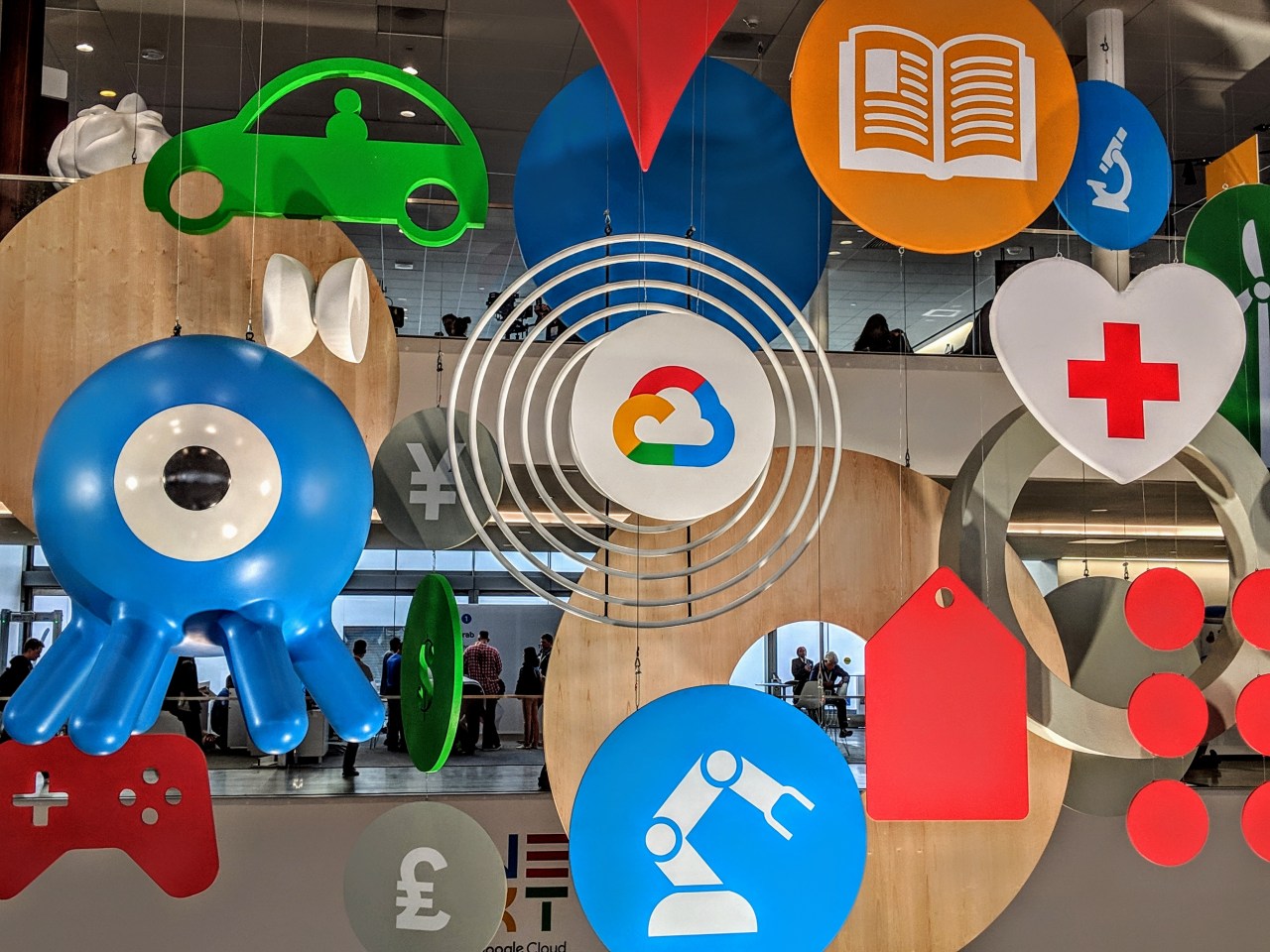The digital landscape is evolving at an astonishing pace, and with it, artificial intelligence (AI) becomes increasingly integral to shaping our production environments and customer experiences. As part of this transformation, Google has stepped into the spotlight with its groundbreaking AI Platform, unveiled during its annual Cloud Next conference in 2019. This platform is not merely a collection of tools; it’s a comprehensive ecosystem designed to democratize AI and machine learning, catering to both novice developers and seasoned experts. Let’s dive deeper into the multifaceted features of this groundbreaking initiative and its implications for various industries.
A Seamless End-to-End Service
At the heart of Google’s AI offering lies the AI Platform, an end-to-end service that streamlines the entire machine learning process from data collection to model deployment. This platform encompasses everything a developer could need: a built-in data labeling service, pre-existing models for classification and object recognition, and tools like AutoML that facilitate custom model training.
- Exploratory Data Analysis: Developers can initiate their projects by diving into their datasets to understand patterns and trends.
- Model Building: Collaborating with data scientists, they can select models that best fit their use case.
- One-Click Deployment: The intuitive interface allows users to deploy their models with minimal friction, bringing innovations to life faster than ever.
Revolutionizing Data Handling with AutoML
One of the standout features introduced through the AI Platform is Cloud AutoML, a suite of tools designed to automate the sometimes-daunting model training process. This is particularly advantageous for developers who may lack extensive machine learning experience.
- AutoML Tables: This tool leverages existing tabular data, automating the creation of predictive models that businesses can apply directly to their analytics.
- AutoML Video Intelligence: This beta feature classifies and tags video content automatically, making videos easier to manage and search.
- AutoML Vision: With this, object detection in photos has never been more straightforward, and the newly launched AutoML Vision Edge allows applications to run on edge devices seamlessly.
Tackling Text with Custom Solutions
In a world inundated by unstructured data, Google has risen to the challenge by offering tailored solutions for enterprises managing textual information. Innovations like the custom entity extraction service and sentiment analysis service empower organizations to draw actionable insights from vast amounts of text that align closely with their specific needs.
Building on this foundation, the Document Understanding API can effectively convert scanned documents into machine-readable text and extract relevant data points, simplifying content management in organizations.
Next-Gen Customer Interactions
Recognizing the crucial role of customer service in driving business success, Google has also invested in Contact Center AI. Developed in collaboration with partners such as Twilio and Cisco, this AI-driven solution combines tools like Dialogflow with text-to-speech capabilities. It enables businesses to create virtual agents that assist customers while maintaining a smooth pathway to human interaction when required.
Specialized Solutions for Various Industries
Google’s strategy includes not just broad-spectrum tools, but also targeted solutions designed for specific industries. The AI Platform introduces Google Cloud Retail, merging Vision Product Search, Recommendations AI, and AutoML Tables into one cohesive offering tailored for the retail sector. This innovation illustrates Google’s commitment to understanding and meeting the distinct demands of various verticals.
Conclusion: The ABCs of AI Development
The launch of Google’s AI Platform marks a significant evolution in the way organizations can harness the power of artificial intelligence. By simplifying the model-building process, offering robust automated tools, and addressing niche industry requirements, Google paves the way for an AI-enriched future. The interconnected solutions foster collaboration between team members, allowing enterprises to focus on innovation rather than being bogged down by complex AI processes.
As we continue to explore and expand the frontiers of AI, it is evident that the tools and services provided by leading tech companies like Google will play a fundamental role in shaping our digital futures. For more insights, updates, or to collaborate on AI development projects, stay connected with fxis.ai. At fxis.ai, we believe that such advancements are crucial for the future of AI, as they enable more comprehensive and effective solutions. Our team is continually exploring new methodologies to push the envelope in artificial intelligence, ensuring that our clients benefit from the latest technological innovations.

